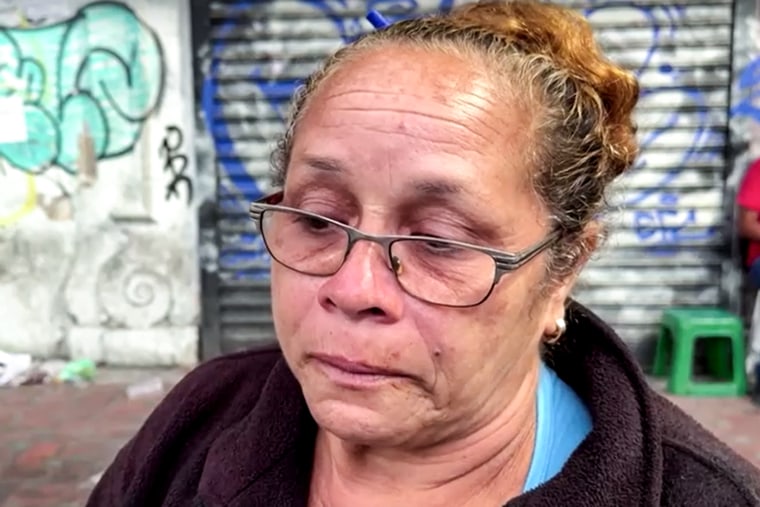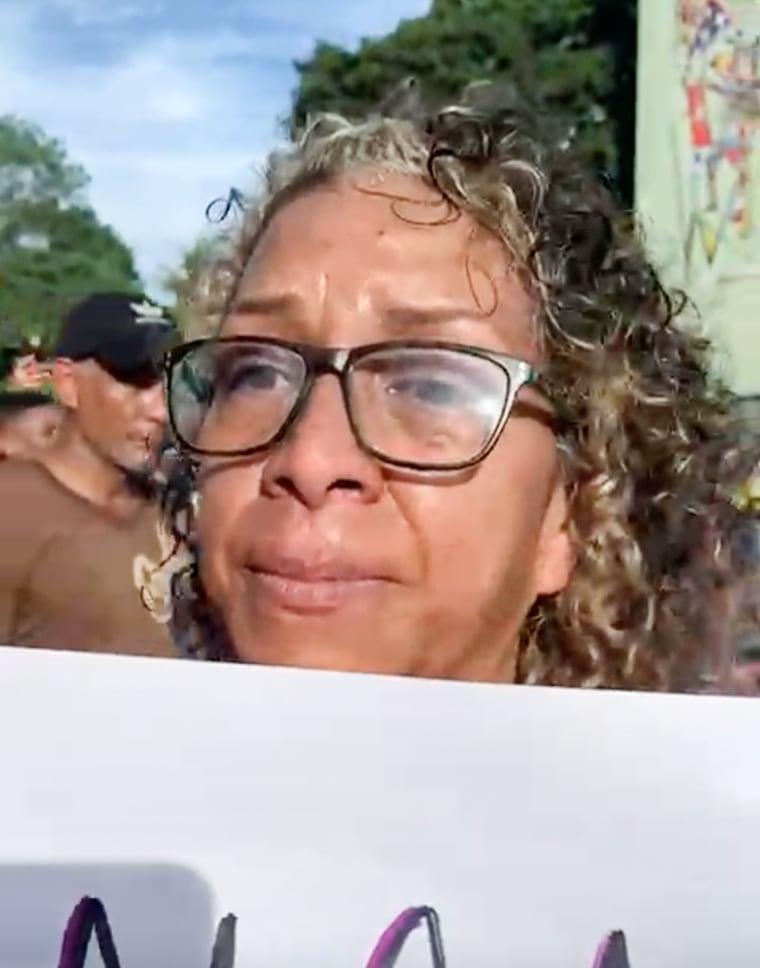Protests grow in Venezuela as concerns over election legitimacy persist
Tensions in Venezuela are growing after election authorities loyal to the authoritarian regime of President Nicolás Maduro officially declared him the winner of the presidential contest held Sunday, without releasing precinct-by-precinct vote counts that would verify the results. The opposition party has also claimed victory, based on independent exit polls and paper tallies collected at voting booths by political party monitors.
Thousands of Venezuelans flooded the streets of the nation’s capital for a second day on Tuesday to protest the election results.
Opposition supporters gathered near a United Nations building as Edmundo González, the opposition presidential candidate, and María Corina Machado, the main leader behind the movement, advanced through the enormous crowd in an open-roofed white van.
Despite their calls for a peaceful protest, after the march González said in a video message posted on social media that there had been fatalities. “Unfortunately, in the last hours we have reports of people dead, dozens injured and detained,” he said. González called on Venezuelan armed forces “to respect the will of Venezuelans.” NBC News could not independently verify the exact number of protesters killed or injured in the confrontations.
Violence continues to spread across the South American nation after Sunday’s election, with some throwing stones and Molotov cocktails, as many rode motorcycles and marched while holding Venezuelan flags.
Gonzalez and Machado’s call to rally on Tuesday came after they said that they had obtained more than 70% of paper tally sheets from polling booths nationwide. Machado told reporters these tallies show González won over Maduro by a landslide. The New York Times reported the tallies show that González received at least 3.5 million more votes than Maduro.
The opposition leaders added they are working to release that information online soon.
Election Day unfolded relatively peacefully, as many Venezuelans viewed this contest as the final opportunity for a shift away from Chavismo, a socialist-inspired political movement turned authoritarian that began nearly three decades ago with the election of Hugo Chávez and, after his death, continued under Maduro’s leadership.
A statue of Chávez that Maduro had erected in 2017 in the port city of La Guaira was toppled, dragged to the street and set on fire by protesters on Monday.
After Maduro was declared president, Venezuelans like Eva Martínez began losing hope for change.

“It is very sad,” Martínez, a street vendor in Caracas, said, adding that some of her relatives are considering leaving Venezuela due to the election outcome.
Venezuela’s economic collapse during Maduro’s term has pushed over 80% of the population into poverty and led to a humanitarian crisis where most Venezuelans are struggling to access food, health care and other basic necessities. The circumstances have also pushed an estimated 8 million Venezuelans to migrate to other Latin American nations and the U.S., creating the its largest displacement crisis ever.
But protesters like Tamara Almeida, 54, are still fighting back. “We’re defending our votes,” she said, while holding a banner that read, “Ganamos, fui testigo” (We won, I witnessed it).

The housewife from the city of Valencia served as an observer at three polling locations on Election Day and witnessed the opposition winning “by quite a few votes difference,” she said in Spanish. “I was there and I know that we won.”
Almeida added she is outraged by what the Maduro regime has done. “They didn’t have the right to steal our votes,” Almeida said. “That’s why I’m here.”
Jorge Rodríguez, the president of the National Assembly and the head of Maduro’s campaign, also called for massive marches on Tuesday “to celebrate victory and defend the peace of the Republic.”
“Thousands of us will be out on the streets from all four corners of the globe,” Rodríguez said on Monday night.
At least 700 people who have participated in protests this week have already been detained, Attorney General Tarek Saab said Tuesday, adding that some of them will face terrorism charges. Among those taken into custody was opposition leader Freddy Superlano.
A bystander filmed Superlano’s detention on Tuesday morning as armed individuals pulled him out of a vehicle and forced him and two other men into an SUV. According to Saab, a combined 48 military and police officers also were injured and one died during protests.
Venezuelan officials suspended flights to Panama and the Dominican Republic after those countries called into question the results announced by Venezuela’s National Electoral Commission, which claimed that Maduro won 51% of the votes.
Venezuela’s foreign minister also announced that the country was expelling diplomatic missions from seven Latin American countries that have called out the results.
An estimated 17 million Venezuelans were eligible to vote on Sunday’s presidential election. But only about 9 million people casted ballots on Election Day, according to Elvis Amoroso, head of the National Electoral Commission.
Nearly 4 million Venezuelans who live abroad were also registered to vote, but many were unable to cast ballots overseas.
For more from NBC Latino, sign up for our weekly newsletter.






